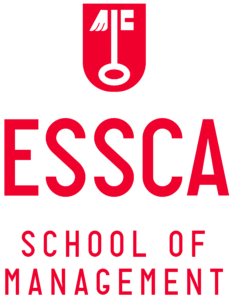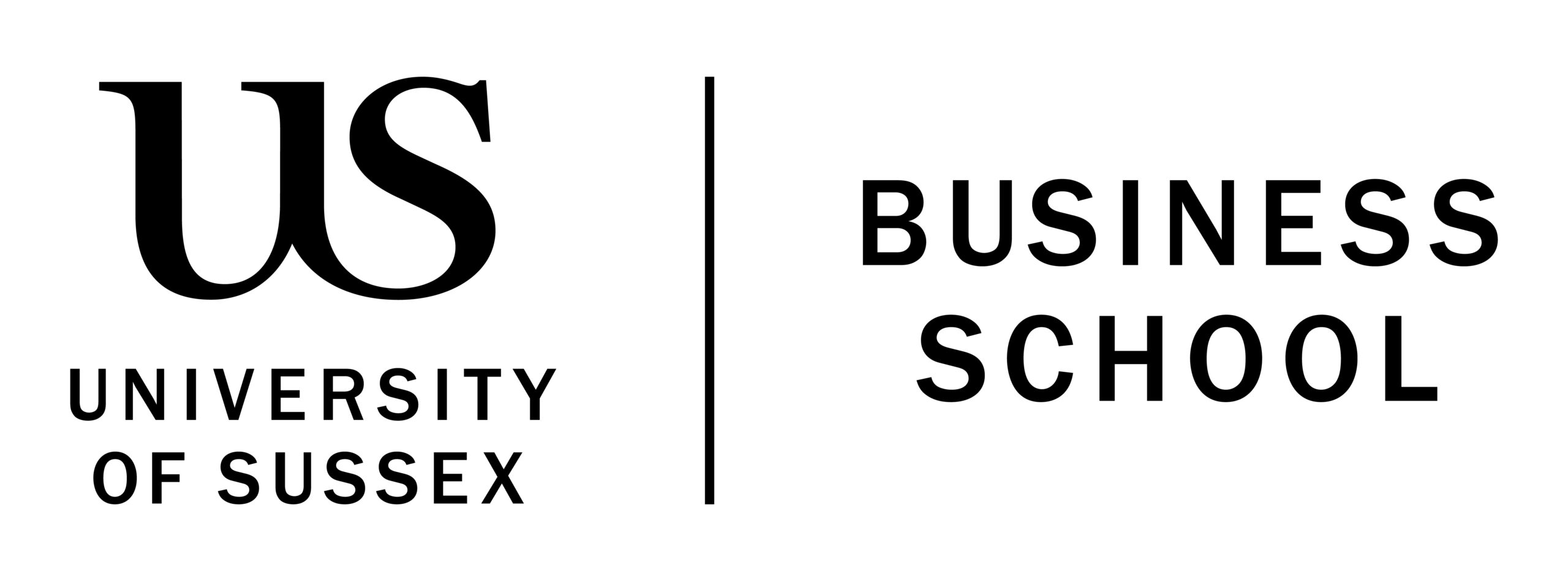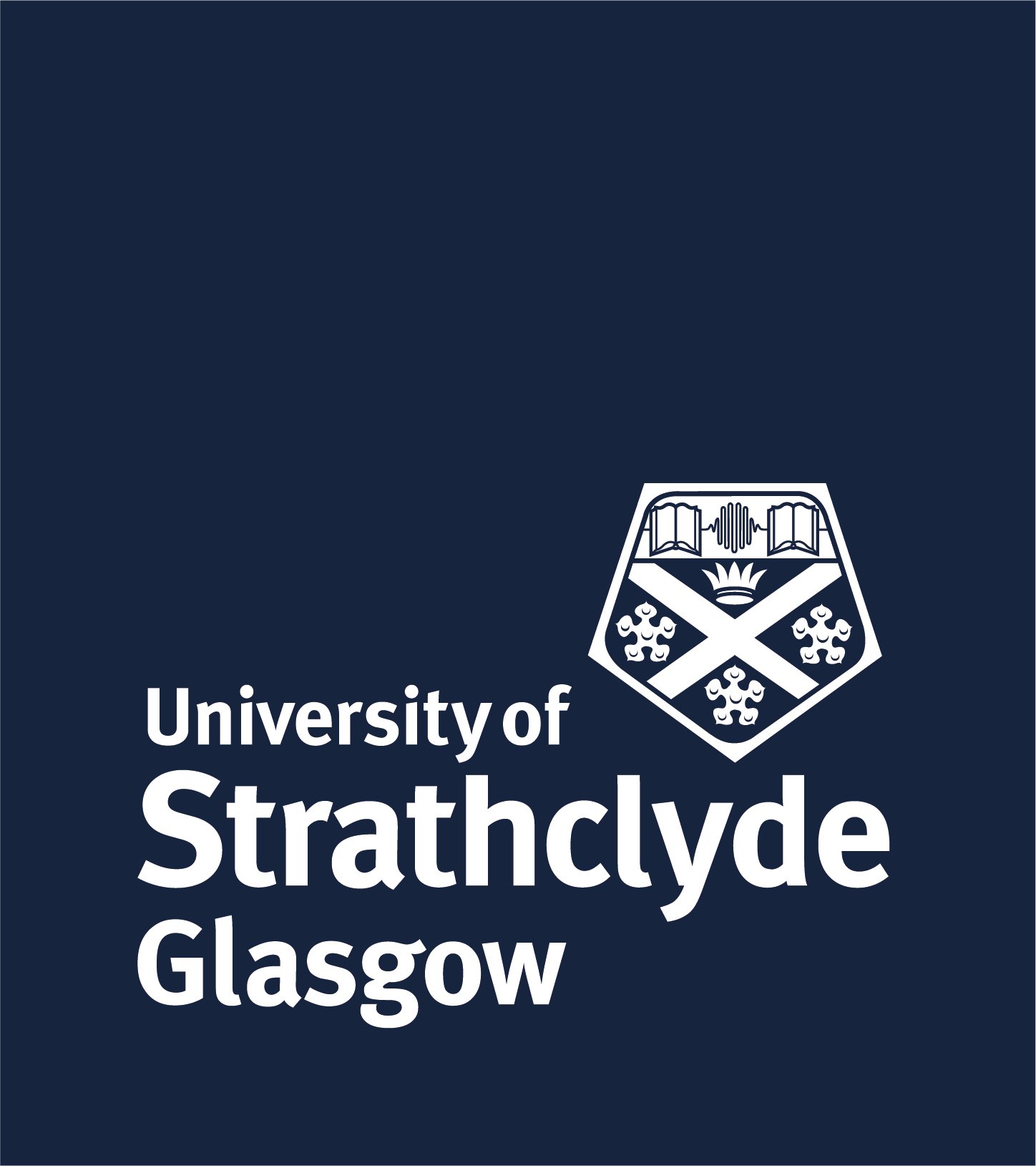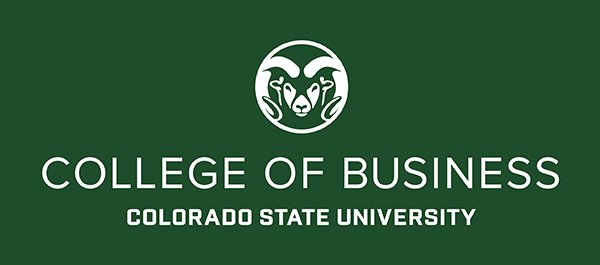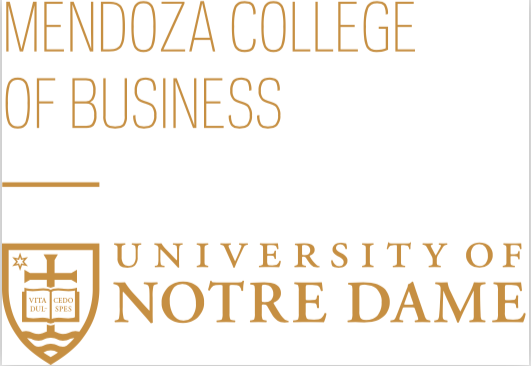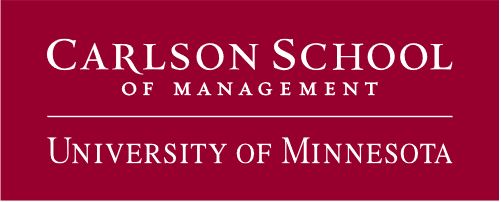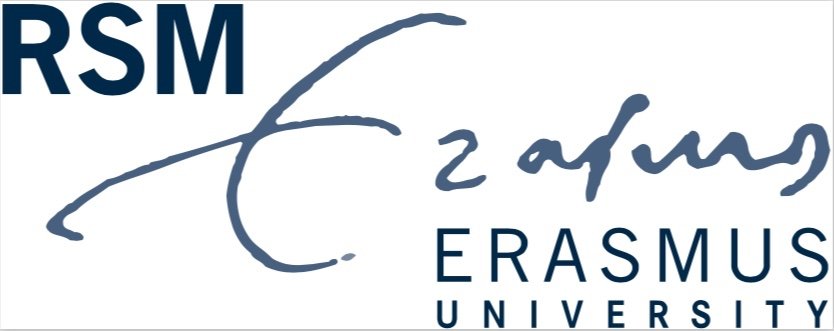RRBM Pioneering Institutions
Qualifications and Application Process
The designation of “RRBM Pioneering Institution” is intended for business schools, journals, or academic associations that, through their observable actions, are committed to the principles and vision of RRBM. They are sources of best practices with which to inspire others.
Pioneering institutions as a group contribute to the advancement of responsible research and also will prepare schools to meet new accreditation standards that emphasize a school’s societal impact through its research and teaching programs.
The Pioneering Institutions are RRBM institutional partners who have publicly committed to RRBM and are actively engaging in RRBM-consistent actions with the intent to fully integrate the research mission, governance structure and strategic initiatives with RRBM Vision 2030 and the seven principles of responsible research.
Pioneering institutions demonstrate their commitment to RRBM’s vision and principles through significant action(s). These actions span a wide variety of structure or activities that are aligned with the Seven Principles of Responsible Research. The seven principles are not mutually exclusive although Principle 1 is foundational while principles, 2, 3, and 4 aim to improve the credibility of knowledge and Principles 5, 6 and 7 aim to improve its usefulness. Successful transformation toward responsible research requires attention to all seven principles rather than only one or two.
Below is one illustrative action for each principle:
P1 – Service to society: Our strategic mission includes research as a means to a better world through producing both credible and useful knowledge.
P2 – Valuing both basic and applied research: We give basic and applied research equal emphasis in resource allocation and equal recognition in assessment of contribution.
P3 – Valuing plurality and multidisciplinary collaboration: We encourage and reward crossing disciplinary, sector and regional boundaries in tackling complex research problems.
P4 – Sound methodology: We require our research faculty to follow the open science transparency standards.
P5 – Stakeholder involvement: We encourage and reward our faculty to engage in co-creation of knowledge with the practising communities, including business, government and NGOs.
P6 – Impact on stakeholders: We give special recognition (e.g., award) to research that contributes to the wellbeing of stakeholders (beyond shareholders) and the common good.
P7 – Broad dissemination: We actively publicize research discoveries addressing pressing societal problems and supporting our strategic mission, using both traditional and social media platforms.
The 2023 Responsible Research Summit also identified many specific actions that schools, universities, journals, or association can undertake to introduce responsible research practices into their domains. You may read the RRS2023 Full Summit Report from INSEAD.
Some specific examples of RRBM actions from the current list of early pioneering schools include: establishment of the position of Associate Dean for Business +Impact at the Ross School of Business, University of Michigan; major grants to support research on the Chinese economy and business at the Guanghua School of Business, Peking University; and full integration of the United Nation’s Sustainable Development Goals into a school’s teaching, research and outreach programs at the Rotterdam School of Management, Erasmus University. Please read below the unique practices to advance responsible research by the current set of pioneering schools.

